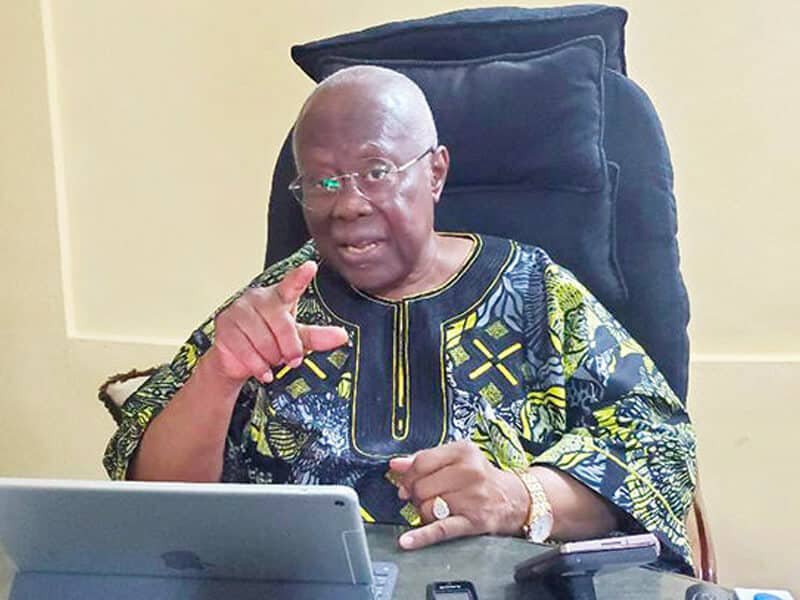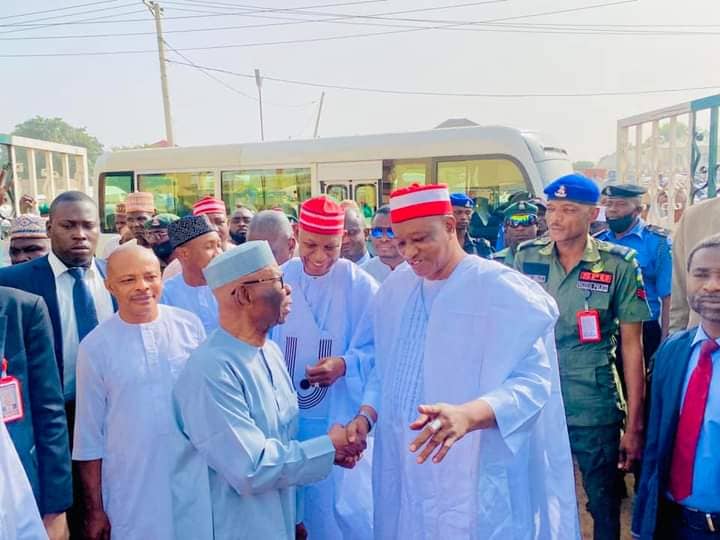The International Monetary Fund (IMF) has reiterated its support for the removal of petrol subsidy and the floating of the exchange rate by the President Bola Tinubu-led government.
Naija News reports that the Bretton Woods institutions have come under heavy backlash by Nigerians for advising President Bola Tinubu on the present economic policies, especially the removal of subsidy from PMS as well as the floating of the naira which have plunged the country into inflationary pressures.
The IMF’s African Region Director, Abebe Selassie at a briefing on the sidelines of the IMF and World Bank Annual Meetings, however, stated that the organisation did not advise the President to remove fuel subsidy, adding that it was Tinubu’s decision.
However, an IMF spokesperson who spoke to Premium Times, in response to its enquiry on Wednesday, said the institute stands by its advice to the Tinubu-led government.
“We stand by our advice, though it’s important to underscore that individual pieces of that advice cannot be viewed in isolation.
“Our advice is a comprehensive policy package where all elements are linked to each other. That package seeks to ensure macroeconomic stability and raise living standards in a sustainable fashion.
“Importantly, our advice on petrol subsidies and the exchange rate, is set in a larger, comprehensive policy mix that also includes scaling up social transfers to provide relief to Nigerians who are already suffering from a cost-of-living crisis or who are impacted by policy reforms,” the spokesperson was quoted as saying.
Also, the spokesperson referenced the IMF’s 2024 report on Nigeria, published in May, in which the global institution’s executive directors “welcomed the bold reforms implemented by the new administration and commended the authorities’ focus on revenue mobilization, governance, social safety nets, and upgrading policy frameworks in the face of Nigeria’s significant economic and social challenges.”

 4 weeks ago
4
4 weeks ago
4















 English (US) ·
English (US) ·